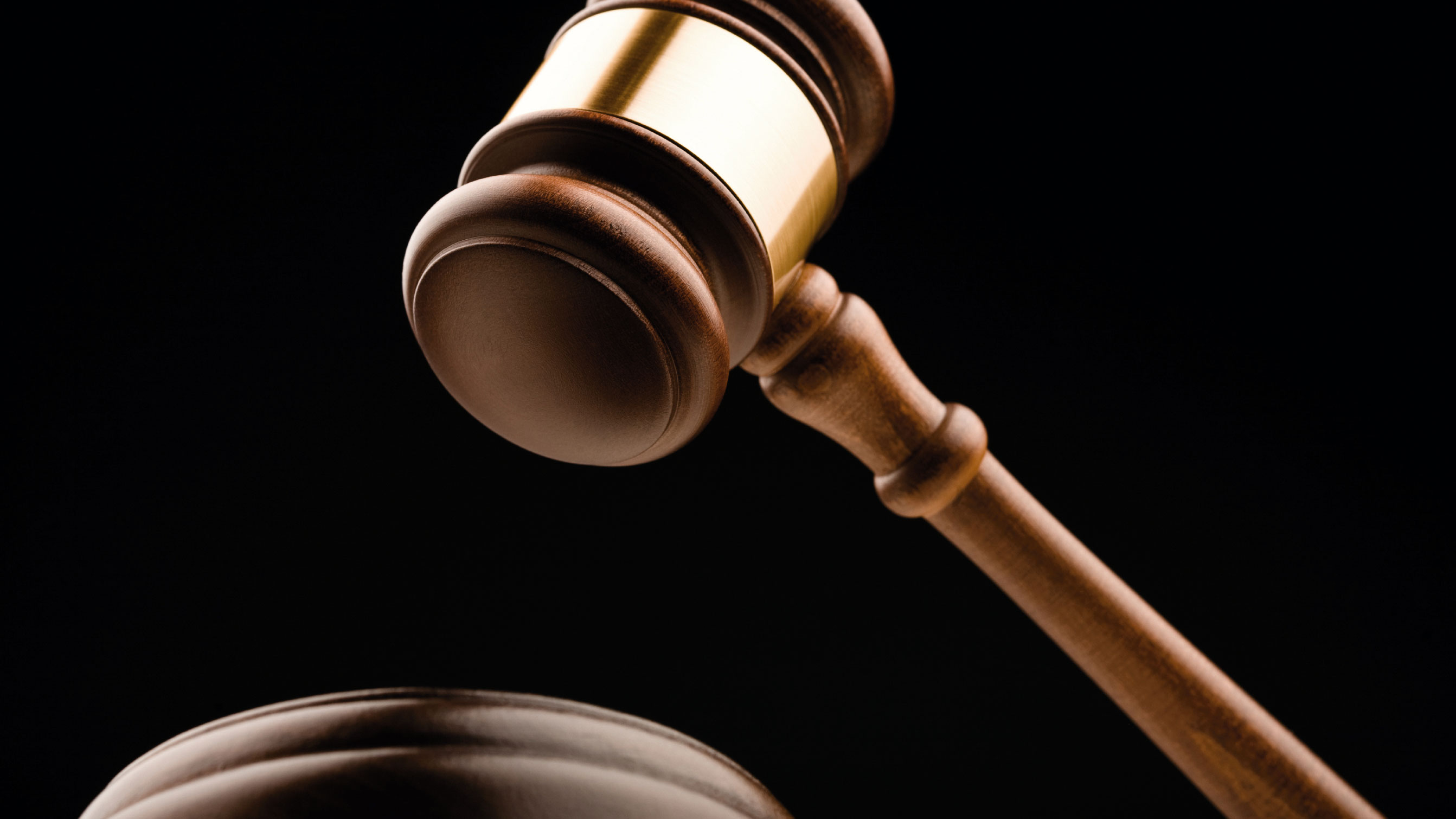Proposed 'Troll Bill' to make it easier to unmask internet terrors
Caution: this article contains law

A new law hopes to make it quicker and easier to unmask internet trolls while somewhat protecting the websites they're commenting on.
In a piece of legislation we're now calling the Troll Bill, the reformed libel laws would cut out the pesky court-based middleman and allow claimants who think they have been defamed by web nasties to get hold of identities and contact information direct from ISPs.
Fans of legalese will already know that defamation is (broadly speaking) a damaging statement about a person published or communicated with no justification.
Do not feed the trolls
The proposed updates to the law would mean that people like Nicola Brookes, who was ruthlessly targeted by trolls after posting support for Frankie Coccoza on Facebook, could uncover their tormentors' identities without the hassle and expense of taking their cases to the High Court.
It won't be as simple as just giving Virgin Media a call to find out who's been calling you names, though - anyone seeking to sue for defamation would still have to convince a lower court that serious harm has been done to their reputations by the online comments (which is the case in any defamation suit, online or off).
The bill also proposes a certain level of protection against lawsuits for the websites that defamatory comments are posted on, as long as they co-operate in the troll identification process.
We can't imagine social networking sites like Facebook and Twitter, who play host to millions of user comments a day, welcoming this cutting out of legal process though despite the small amount of extra protection it could give them.
Sign up for breaking news, reviews, opinion, top tech deals, and more.
Both social networks have complied with court orders forcing them to hand over users' data in the past, but have always made a point of saying that they only did so only because they had to.
Both websites are concerned not only with protecting their users' personal information but also with freedom of speech.
Justice secretary Kenneth Clarke reckons that the bill can protect against "easy censorship" too:
"The government wants a libel regime for the internet that makes it possible for people to protect their reputations effectively but also ensures that information online can't be easily censored by casual threats of litigation against website operators," he said.
"It will be very important to ensure that these measures do not inadvertently expose genuine whistleblowers, and we are committed to getting the detail right to minimise this risk."
Serious stuff
It may all sound jolly dry, but it's legal manoeuvres like these that we internet users should be paying close attention to as they concern any one who has ever posted any kind of comment on the internet.
Whether you unwittingly become the troll (or intentionally – lookin' at you, Motorola fans) or you're the victim of online abuse, these laws could become your worst nightmare or saving grace.
The proposed changes to the defamation bill will be debated in the Commons later today.
From The Guardian
Former UK News Editor for TechRadar, it was a perpetual challenge among the TechRadar staff to send Kate (Twitter, Google+) a link to something interesting on the internet that she hasn't already seen. As TechRadar's News Editor (UK), she was constantly on the hunt for top news and intriguing stories to feed your gadget lust. Kate now enjoys life as a renowned music critic – her words can be found in the i Paper, Guardian, GQ, Metro, Evening Standard and Time Out, and she's also the author of 'Amy Winehouse', a biography of the soul star.